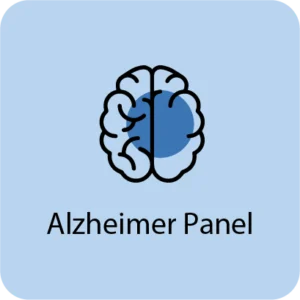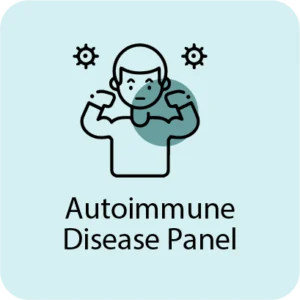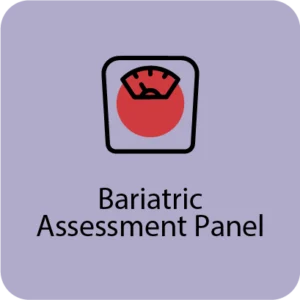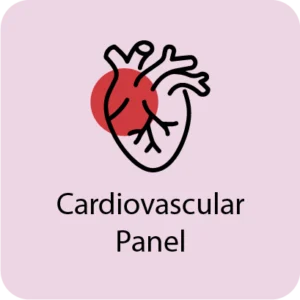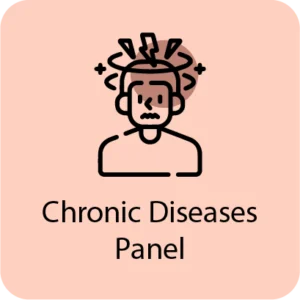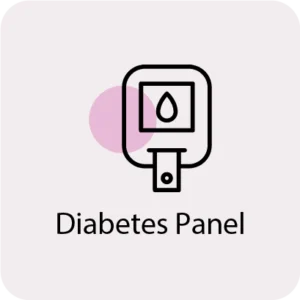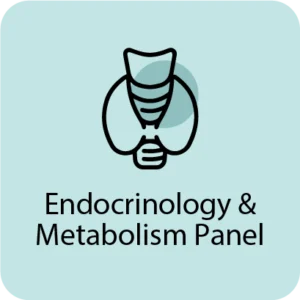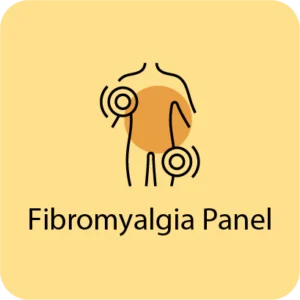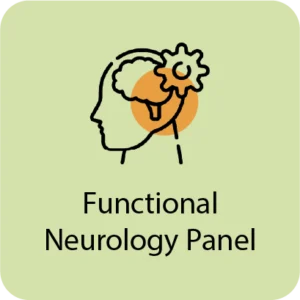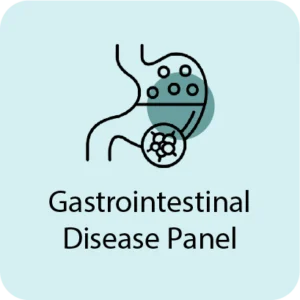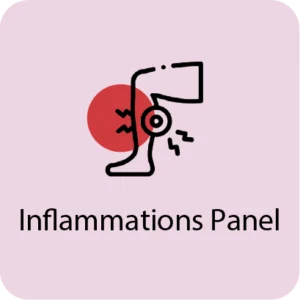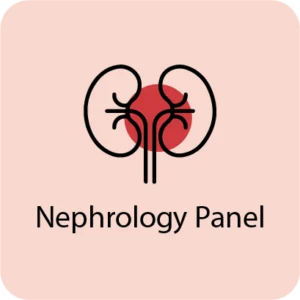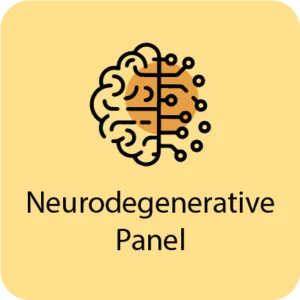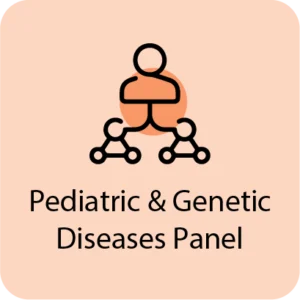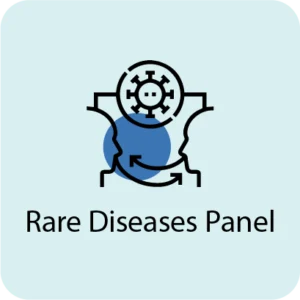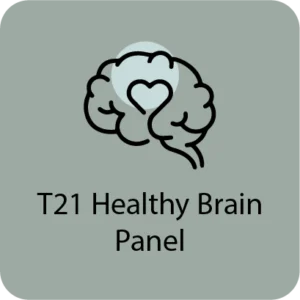Cardiovascular
Cardiovascular health is heart health that encompasses the well-being of the heart and circulatory system. This all includes the blood vessels and arteries. It is well essential for overall health and longevity. The heart plays a central role in pumping oxygen-rich blood throughout the body. Maintaining optimal cardiovascular health is well key to preventing stroke, heart disease, and other cardiovascular conditions.
Importance of Cardiovascular Health
A healthy cardiovascular system is a must for sustaining life and supporting the body’s functions. The heart pumps that contain blood and nutrients to organs and tissues, while the blood vessels transport waste products. Carbon dioxide is simply moved away from cells. Below mentioned are some key reasons why cardiovascular health is crucial:
- Preventing Heart Disease: Cardiovascular health is much needed for lowering the risk of heart disease, like conditions including coronary artery disease, heart attack, and heart failure.
- Reducing Stroke Risk: Maintaining cardiovascular health shall help in lowering the risk of stroke. This is a severe condition that is caused by interrupted blood flow to the brain.
- Promoting Longevity: A healthy heart and circulatory system shall support overall health and longevity. It shall all help individuals to live active and fulfilling lives.
- Enhancing Quality of Life: Some of the optimal cardiovascular health contributes to better physical fitness, energy levels, and overall well-being. It shall all enable individuals to engage in daily activities without limitations.
Risk Factors for Cardiovascular Disease
Several factors can enhance the risk of developing cardiovascular disease. Some of the most common risk factors are mentioned below:
- High Blood Pressure (Hypertension): Elevated blood pressure shall all put strain on the heart and blood vessels. It enhances the risk of heart disease and stroke.
- High Cholesterol: High levels of LDL cholesterol (usually it is referred to as “bad” cholesterol). It can all lead to the buildup of plaque in the arteries. This shall narrow them and enhance the risk of heart attack and stroke.
- Smoking: Tobacco consumption is a major risk factor for cardiovascular disease. It shall all damage blood vessels, lower oxygen levels in the blood, and enhance the risk of blood clots.
- Obesity and Inactivity: Being overweight or obese leads to a sedentary lifestyle and is associated with an increased risk of some conditions. They include high blood pressure, heart disease, diabetes, and other cardiovascular conditions.
- Diabetes: Individuals with conditions like diabetes are at a super high risk of developing cardiovascular disease. The high blood sugar levels can damage blood vessels and enhance the likelihood of heart complications.
- Unhealthy Diet: A diet that is high in saturated fats, cholesterol, trans fats, sodium, and refined sugars. It can contribute to cardiovascular disease risks by raising blood pressure, cholesterol levels, and body weight.
Cardiac Health: Nurturing Your Heart for Lifelong Wellness With LifeCode
Cardiac health is often synonymous with cardiovascular health. The condition shall focus specifically on the well-being of the heart. The powerhouse of the circulatory system is as mentioned.
A healthy heart is needed for optimal functioning of the body. This shall pump oxygen-rich blood to every cell and organ. In this informative content, we completely delve into the various aspects of cardiac health, like understanding the heart, sustaining heart health, and managing heart conditions.
We are dedicated to promoting cardiac health and empowering individuals to take charge of their heart wellness journey. The comprehensive approach to cardiac health encompasses understanding the heart, sustaining some heart health, and managing heart conditions to ensure optimal well-being and longevity.
Understanding the Heart
The heart is a muscular organ that is located in the chest cavity. It is slightly to the left of the midline. It consists of four chambers. Namely. two atria (which are also called upper chambers) and two ventricles (called lower chambers).
The right side of the heart is known to receive oxygen-poor blood from the body. It pumps to the lungs for oxygenation. On the other hand, the left side receives oxygen-rich blood from the lungs. It pumps right to the rest of the body. The heart is well nourished by its network of blood vessels. It is known as coronary arteries that supply oxygen and nutrients while keeping the heart muscle healthy.
As a healthcare provider, one shall recognize the importance of understanding the intricate workings of the heart. Some of the cornerstones of such circulatory systems. Our experts shall educate you about those individuals about the anatomy and function of the heart. This shall include its chambers, valves, and coronary arteries. It fosters a deeper understanding of cardiac health.
Maintaining Heart Health
-
Healthy Lifestyle Choices:
Adopting a heart-healthy lifestyle is well paramount for sustaining cardiac health. This shall include eating a balanced diet that is rich in vegetables, fruits, whole grains, lean proteins, and healthy fats. It shall also limit the consumption of processed foods, saturated fats, and added sugars.
Our healthcare professionals shall all offer guidance on exercise, nutrition, and stress management in helping individuals while adopting healthy habits that support cardiac health.
-
Regular Physical Activity:
Engaging in performing regular exercise strengthens heart muscle, and enhances circulation. This shall all help in maintaining a healthy weight. Aim for approx. 150 minutes of moderate-intensity aerobic activity or follow about 75 minutes of vigorous-intensity activity. This shall go on for a week, along with muscle-strengthening exercises on two or more days per week.
We provide proper exercise recommendations that shall be well-tailored to individual needs. Some of the fitness levels shall all emphasize the importance of regular physical activity. It shall strengthen the heart muscle and enhance overall cardiovascular fitness.
-
Tobacco Cessation:
Quitting the act of smoking and avoiding exposure to secondhand smoke are all crucial steps for protecting heart health. Smoking-like acts can damage blood vessels. It shall enhance blood pressure, and eventually shall also raise the risk of heart disease and stroke-like conditions.
Our smoking cessation programs shall all offer counseling, resources, and support to individuals striving to quit smoking. It lowers the risk of heart disease and some other smoking-related health conditions.
-
Maintaining a Healthy Weight:
Excess amount of body weight puts strain on the heart. It enhances the risk of heart disease, high blood pressure, and some level of diabetes. Aim for a body mass index (BMI) to be within the healthy range and one shall focus on achieving gradual weight loss. This happens through a combination of diet and exercise.
Our weight management program focuses on achieving and sustaining a healthy weight through balanced nutrition. Some regular physical activity, and ongoing support from those healthcare professionals.
-
Stress Management:
Chronic stress-like conditions can have detrimental effects on heart health. It shall further contribute to high blood pressure, inflammation, and other risk factors for heart disease. Practice stress-reduction techniques like meditation, deep breathing, yoga, and hobbies to promote relaxation and emotional well-being.
We do offer stress management strategies, like relaxation techniques, mindfulness, and counseling. It shall all help some of the individuals in managing stress effectively and protect their heart health.
Managing Heart Conditions
Despite some of our best efforts to sustain heart health, heart conditions might still arise. It is well essential to recognize the signs and symptoms of those potential heart problems. Seek prompt medical attention if it is needed. Some of the common heart conditions are mentioned below:
-
Coronary Artery Disease (CAD):
CAD-like conditions occur when the coronary arteries become narrowed or blocked by plaque buildup. It shall restrict blood flow to the heart muscle. Other symptoms might include chest pain or discomfort (angina), fatigue, and shortness of breath.
We also emphasize the importance of regular health screenings and some of the diagnostic tests. It shall all help in detecting and diagnosing heart conditions early. It allows for timely intervention and treatment.
-
Heart Attack:
A heart attack is known as a myocardial infarction. The condition occurs when blood flows to a part of the heart which is blocked. This shall all lead to damage or death of heart muscle cells. Some of the symptoms might include chest pain or pressure, pain in the arms, back, neck, or jaw, shortness of breath, nausea, and lightheadedness.
Our experts shall develop a personalized treatment plan. It shall be well-tailored to each individual’s needs. This incorporates medication, lifestyle modifications, and some other interventions to manage heart conditions effectively.
-
Heart Failure:
Condition like heart failure might take place when the heart is well unable to pump enough amount of blood to meet the body’s needs. Some of the symptoms might include fatigue, shortness of breath, swelling in the legs or abdomen, rapid or irregular heartbeat, and persistent coughing or wheezing.
We do offer high-level cardiac rehabilitation programs. This concerns individuals recovering from heart-related events or surgeries. This shall provide supervised exercise sessions, education, and support to promote recovery and enhance cardiovascular fitness.
-
Arrhythmias:
Arrhythmias are known to be abnormal heart rhythms. It might cause the heart to beat too fast, too slow, or irregularly. Some of the symptoms of this condition might include dizziness, palpitations, fainting, chest pain, and fatigue.
Our healthcare providers offer well ongoing monitoring, follow-up care, and support to individuals managing chronic heart conditions, ensuring continuity of care and optimal heart health.
Some Common Prevention and Lifestyle Strategies
Fortunately, many of the cardiovascular risk factors are well-modifiable through lifestyle alterations and preventive measures. Below mentioned are some strategies to promote cardiovascular health:
- Healthy Eating: Adopting a balanced diet that is well rich in fruits, vegetables, whole grains, lean proteins, and healthy fats helps to lower cholesterol levels. This shall all help in maintaining a healthy weight, and support overall heart health.
- Regular Exercise: Engaging in some of the regular physical activity, like brisk walking, cycling, swimming, jogging, or aerobics. This shall help in strengthening the heart muscle, enhance circulation, and help in controlling blood pressure and cholesterol levels too.
- Smoking Cessation: Quitting the act of smoking and avoiding exposure to secondhand smoke are among the most effective ways to lower the risk of heart disease. It shall enhance cardiovascular health too.
- Sustaining a Healthy Weight: achieving and sustaining a healthy weight through a combination of diet and exercise lowers the risk of obesity, high blood pressure, diabetes, and some other cardiovascular risk factors.
- Managing Stress: Practicing actions like stress-reduction techniques like deep breathing, meditation, yoga, and mindfulness. This can help in lowering blood pressure, reduce anxiety, and promote acts of relaxation.
- Regular Health Screenings: Performing regular check-ups with a healthcare provider are essential. They help in monitoring blood pressure, cholesterol levels, blood sugar levels, and other cardiovascular risk factors.
Cardiac health is important for overall well-being and longevity. By understanding the importance of cardiac health, adopting a heart-healthy lifestyle, and seeking proper medical attention for any concerning symptoms or conditions. You can take proactive steps to protect their hearts and reduce the risk of cardiovascular disease.
Through a combination of prevention, early detection, and management of such heart conditions, we can promote lifelong cardiac health and also ensure a healthier future for generations to come.
At our LifeCode we are committed to supporting individuals on their cardiac health journey, from understanding the intricacies of the heart to adopting heart-healthy lifestyle choices. We also help in managing heart conditions effectively. Through our comprehensive approach to cardiac health, we strive to empower individuals to prioritize their heart wellness and enjoy a life filled with vitality and longevity.
| Categories | Conditions Observed |
|---|---|
| Content Yet to Receive | Content Yet to Receive |
What specific genes does a cardiovascular genetic test analyze, and what types of heart conditions can it detect?
Cardiovascular genetic tests analyze genes associated with cardiac function, lipid metabolism, blood pressure regulation, and other factors contributing to heart health, detecting predispositions to conditions like myocardial infarction, heart failure, and inherited arrhythmias.
Can a cardiovascular genetic test predict the likelihood of developing heart disease, and how does it impact medical management?
Yes, a positive result may indicate an increased risk of developing certain types of heart disease, prompting preventive measures such as lifestyle modifications, early screening, medication management, and consideration of more aggressive interventions if necessary.
Are there lifestyle factors that interact with genetic predispositions identified through a cardiovascular genetic test?
Yes, lifestyle factors such as diet, exercise, smoking, alcohol consumption, stress levels, and exposure to environmental toxins can interact with genetic predispositions to influence cardiovascular risk and outcomes.
Is genetic counseling recommended before and after undergoing a cardiovascular genetic test?
Yes, genetic counseling is essential to help individuals understand the implications of genetic testing results, interpret their cardiovascular risk, explore preventive options, and make informed decisions about medical management.
How does a cardiovascular genetic test contribute to precision medicine and personalized treatment plans?
A cardiovascular genetic test allows for the identification of individuals at increased risk, enabling personalized screening, prevention, and treatment strategies tailored to each patient’s genetic profile, ultimately improving outcomes and quality of care.



